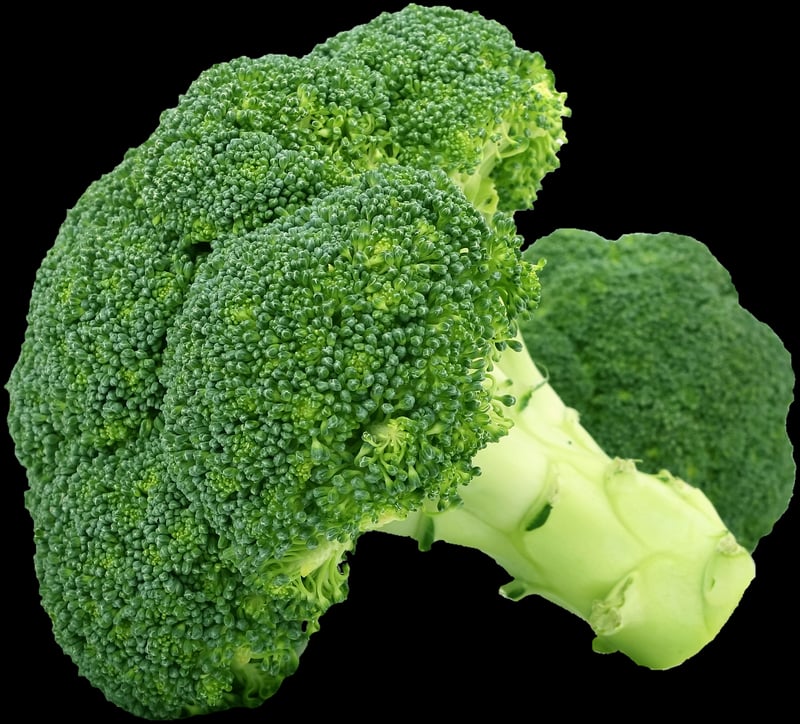Nutrient Guide
The Ultimate Guide to Healthy Diet & Eating Habits
Introduction
Maintaining a healthy diet is crucial for overall well-being and vitality. By incorporating nutrient-rich foods into your daily meals and adopting healthy eating habits, you can improve your energy levels, support your immune system, and reduce the risk of chronic diseases.
Why is a Healthy Diet Important?
A balanced diet provides essential nutrients such as vitamins, minerals, proteins, carbohydrates, and fats that are necessary for the body to function optimally. It also promotes a healthy weight, boosts metabolism, and enhances mental clarity.
Key Components of a Healthy Diet
- Fruits and Vegetables: Rich in vitamins, minerals, and antioxidants.
- Whole Grains: Provide fiber and essential nutrients.
- Lean Proteins: Support muscle growth and repair.
- Healthy Fats: Found in nuts, seeds, and oily fish, essential for brain health.
- Dairy or Dairy Alternatives: Source of calcium and vitamin D for bone health.
Healthy Eating Habits
Adopting good eating habits can further enhance the benefits of a healthy diet. Some tips include:
- Eating Regularly: Aim for three balanced meals and healthy snacks throughout the day.
- Hydration: Drink plenty of water and limit sugary beverages.
- Mindful Eating: Pay attention to your food, savor each bite, and avoid distractions.
- Portion Control: Be mindful of serving sizes to prevent overeating.
- Meal Planning: Prepare meals in advance to make healthier choices easier.
Nutrient Guide
Understanding the essential nutrients and their sources can help you make informed choices when planning your meals:
Vitamins
Vitamins are essential for various bodily functions. Some key vitamins include:
- Vitamin A: Found in carrots, sweet potatoes, and spinach.
- Vitamin C: Abundant in citrus fruits, strawberries, and bell peppers.
- Vitamin D: Sunlight, fortified dairy, and fatty fish are good sources.
- Vitamin E: Nuts, seeds, and vegetable oils are rich in this antioxidant vitamin.
Minerals
Minerals play a vital role in maintaining health. Include these mineral-rich foods in your diet:
- Calcium: Dairy, leafy greens, and almonds are excellent sources of calcium.
- Iron: Red meat, lentils, and spinach provide this essential mineral.
- Potassium: Bananas, sweet potatoes, and beans are high in potassium.
- Magnesium: Nuts, seeds, and whole grains are rich sources of magnesium.
Conclusion
By prioritizing a healthy diet and adopting good eating habits, you can nourish your body, boost your immunity, and enhance your overall quality of life. Remember to incorporate a variety of nutrient-rich foods into your meals and make conscious choices to support your well-being.
Image Source: Pixabay - Vegetables

Image Source: Pixabay - Fruits

